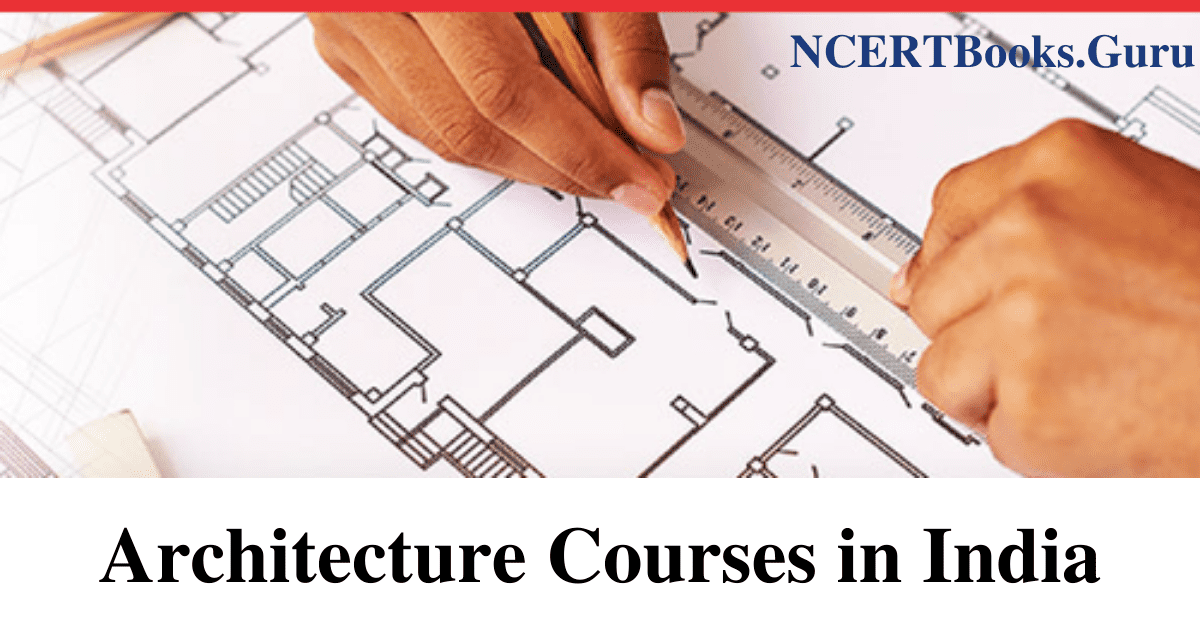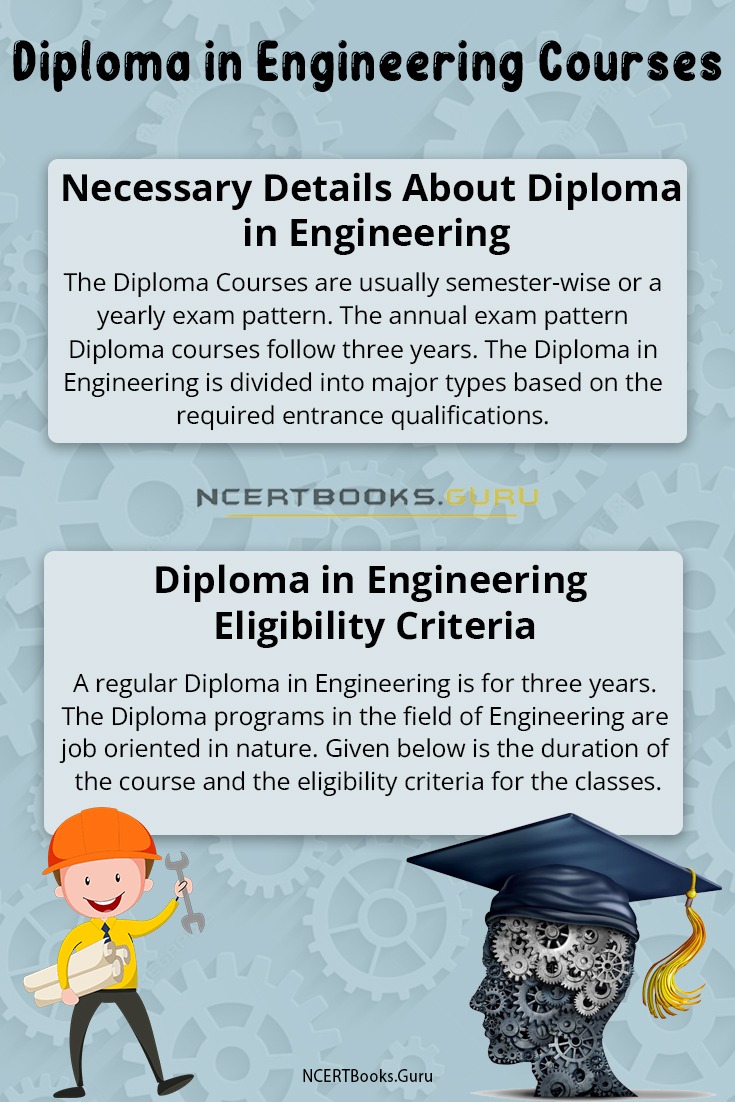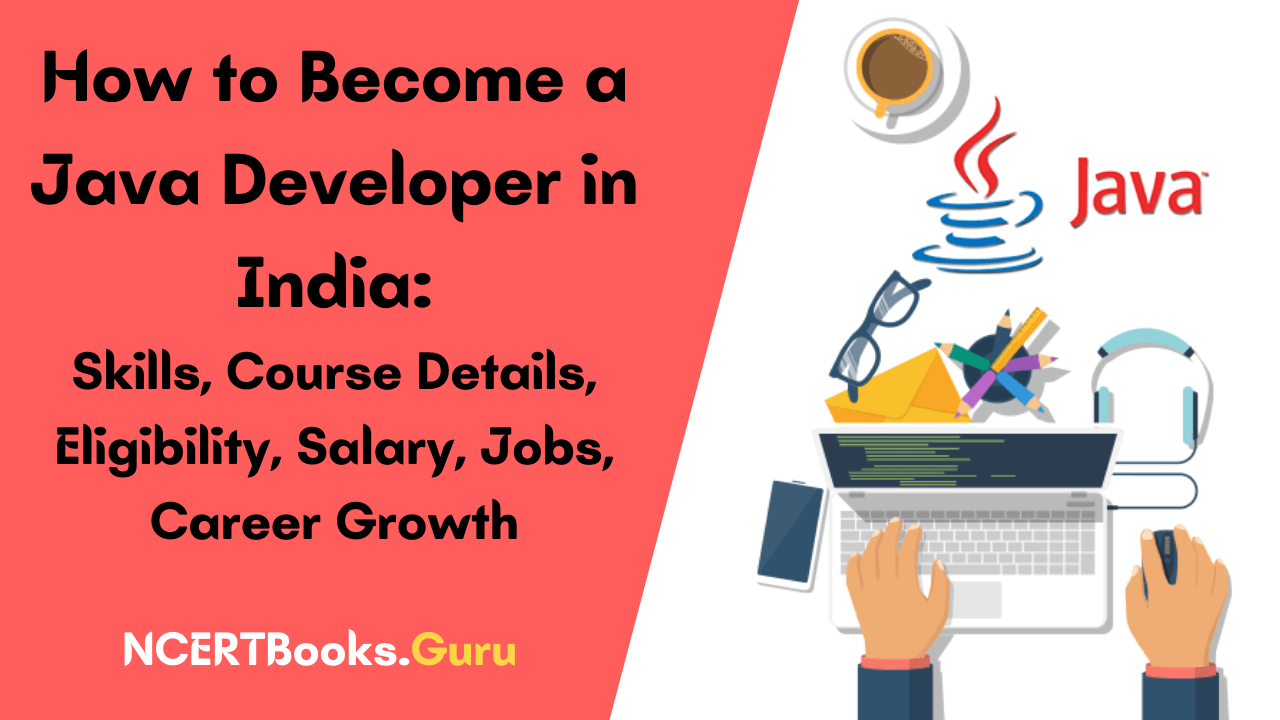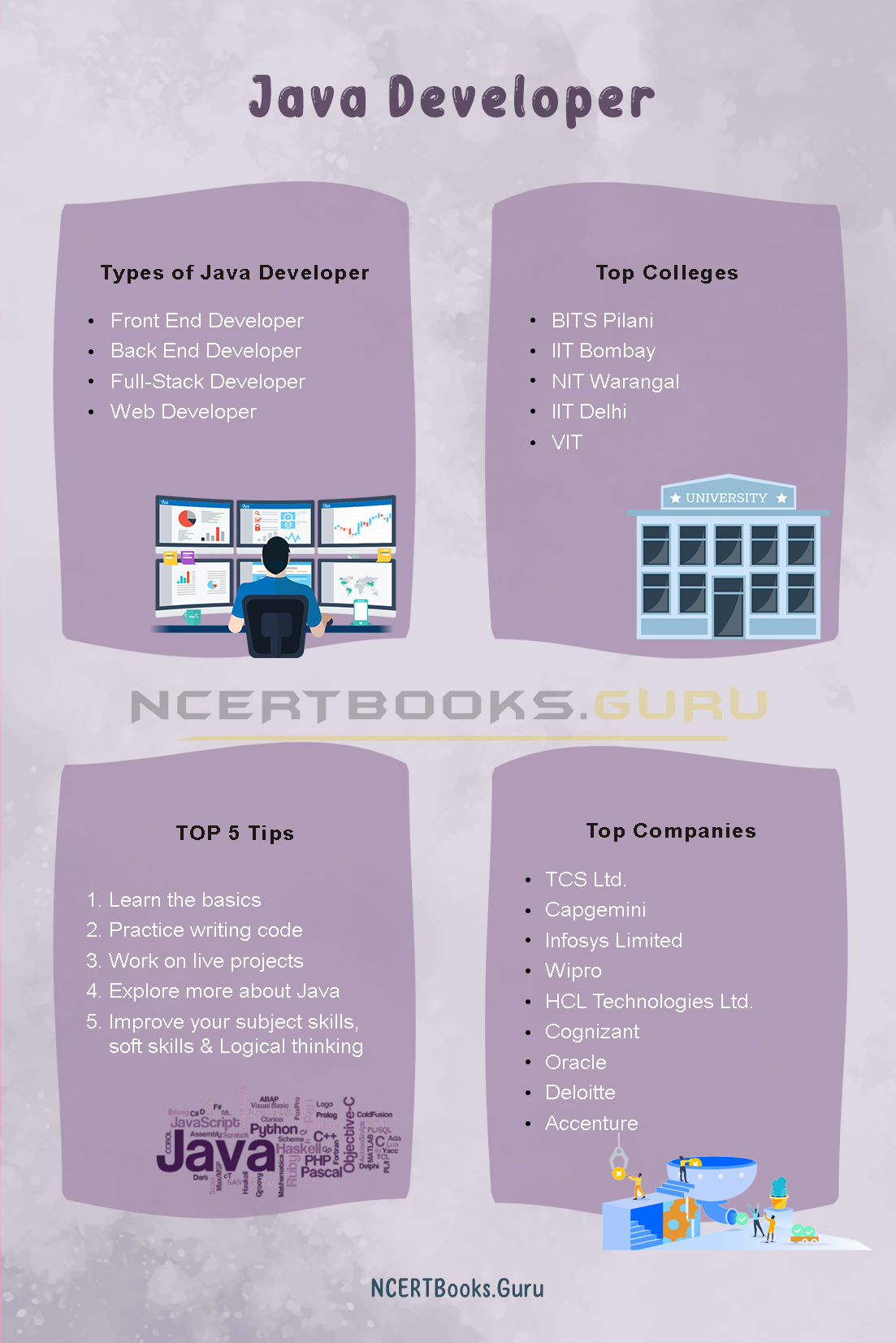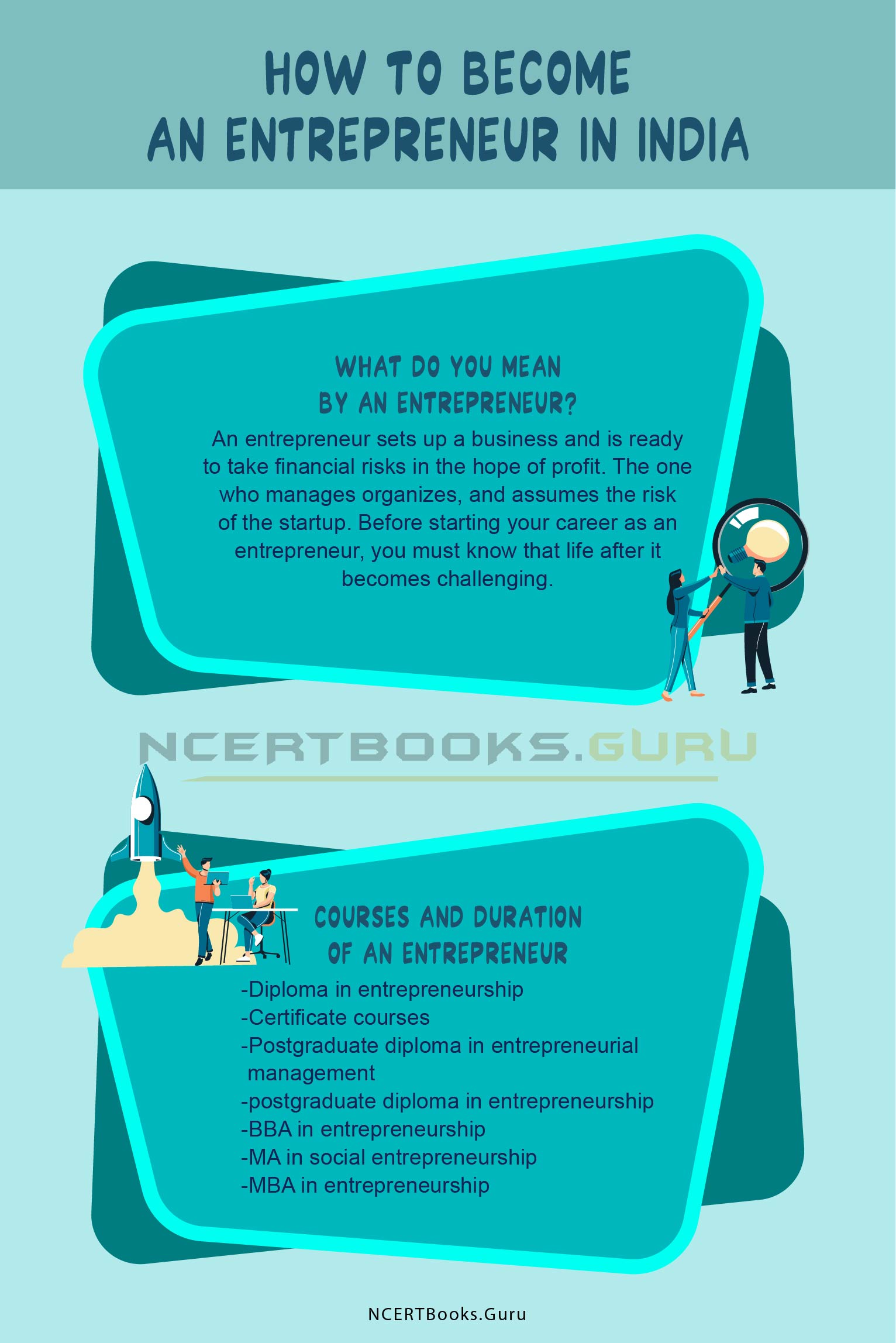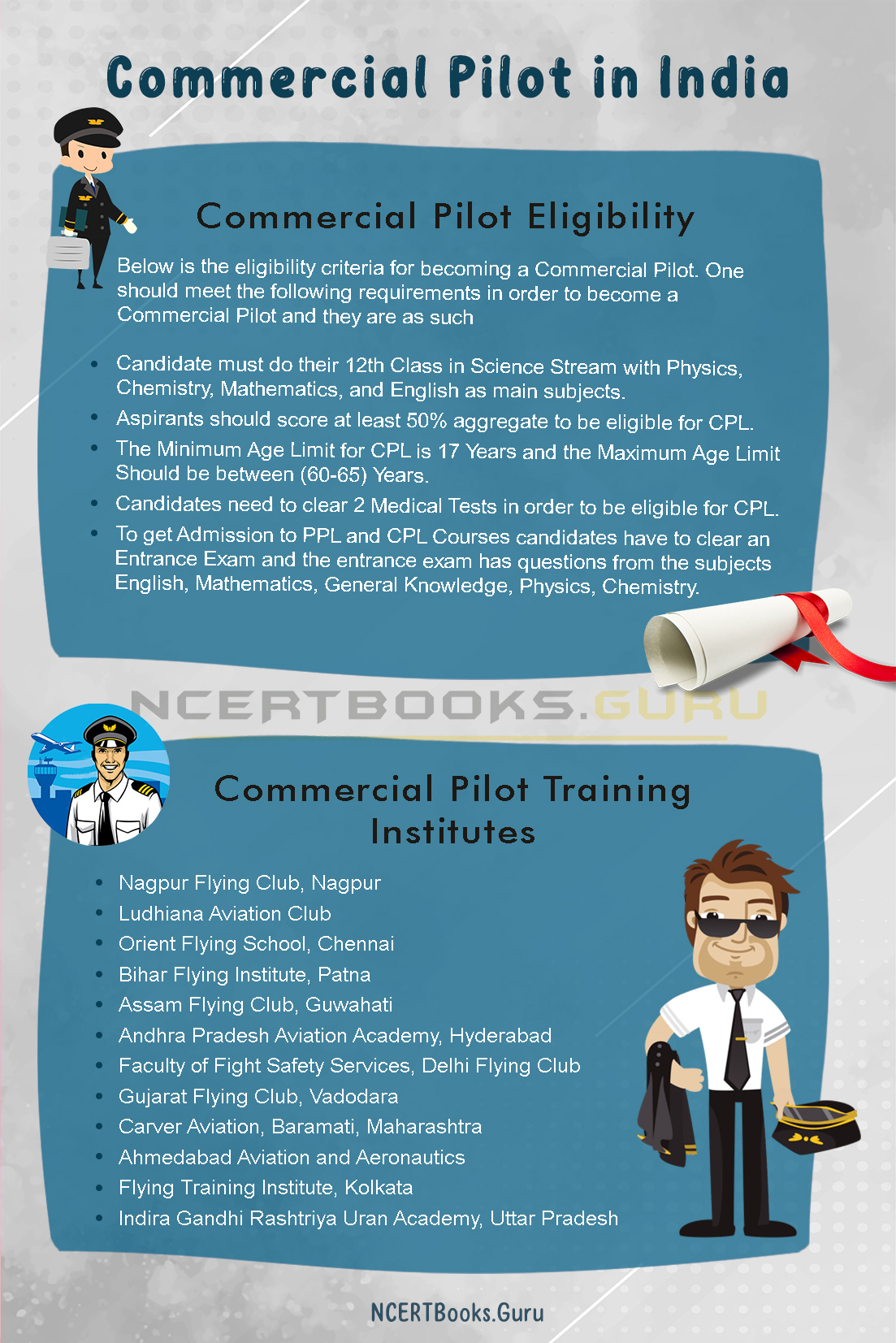Part Time Architecture Courses in India: Architecture is an interesting course for which the demand has been increasing rapidly. It has been observed that Architecture is related to the construction of buildings, malls, schools, and other infrastructure aspects but the course has a lot to discover.
Architects are demanded not only in India but also around the globe. As we have seen that architects have always been a great benefit for any country’s tourism sector. In India civilizations, caves, sky scrappers, temples, and other heritage sites have been attractions that show the important role of architects.
If you are also the one who is keenly interested in the bachelor of architecture courses in India then you are at the right place. We have covered every piece of information for you related to the B.Arch here in this guide.
Get to Know More about other types of Course Details Streamwise, and Category wise.
- About Architecture Courses in India After 12th
- Architecture Courses Duration
- List of Architecture Degree Courses in India
- Undergraduate B.Arch & Other Architecture Programs List
- PG Architecture Courses After Graduation | Masters in Architecture Courses in India
- Architecture Ph.D. Programs in India
- List of BSc Architecture Courses
- List of Architecture Diploma Courses in India
- Certification Courses for Architects in India
- Top Architecture Colleges in India
- Indian Architecture Courses Eligibility
- Skills Required for Online Architecture Courses in India after 12th
- Career Scope After Architecture Courses in India
- Job Profiles for Indian Architects After UG PG & Masters
- Expected Salary After Architecture Short Courses in India
- FAQs on Distance Learning Architecture Courses in India
- Conclusion
About Architecture Courses in India After 12th
The architecture course focuses on the important aspects of architectural skills. You will learn the ways of the construction of buildings, their interior, IT aspects, and a lot more. The course will also teach you about the innovative ideas which you can apply in your practical life. It included both theory and practical information about the architecture and the designing process. You can pursue a degree, diploma, and certificate courses in architecture. The course can be completed in 5 years but it depends on which type of domain you have chosen.
Architecture Courses Duration
The duration varies accordingly for diploma, degree, master’s, and certificate courses. However, it takes 7 years to become a professional architect. A bachelor’s degree can be completed in 5 years, a master’s takes 3 years to complete, and the diploma and certificate courses can be completed from 6 months to 1 year.
List of Architecture Degree Courses in India
Here is the list of degree courses in Architecture in India that you can pursue easily. The courses are related to the bachelor’s, master’s, and doctoral levels.
Undergraduate B.Arch & Other Architecture Programs List
- Bachelor of Construction Technology
- B.Sc. (Residential Space Design and Management)
- Bachelor of Planning
- B.Arch. (Building and Construction Management)
- B.Arch. (Bachelor of Architecture)
- B.Arch. (Landscape Architecture)
- B.Arch. (Interior Design)
- B.Arch. (Architecture and Regional Planning)
- B.Tech. (Urban & Regional Planning)
- Architectural Engineering Course
PG Architecture Courses After Graduation | Masters in Architecture Courses in India
- Master of Architecture in Advanced Design
- Master of Planning in Infrastructure
- M.Arch. (Industrial Design)
- M.Arch. (Interior Design)
- Master of Planning (Environmental Planning)
- M.Tech. (Urban Planning)
- Master of Engineering in Landscape Architecture
- Master of Architecture (Theory & Design)
- Master of Engineering in Urban Design
- Master of Planning (Regional Planning)
Architecture Ph.D. Programs in India
- Ph.D. (Architectural Conservation)
- Ph.D. (Building Engineering and Management)
- Ph.D. Engineering and Management
- Ph.D. (Landscape Architecture)
- Doctor of Philosophy in Housing
- Doctor of Philosophy in Environmental Planning
- Doctor of Philosophy in Industrial Design
- Doctor of Philosophy in Regional Planning
- Ph.D. (Transport Planning)
- Doctor of Philosophy in Physical Planning
- Doctor of Philosophy in Architecture
- Ph.D. (Urban Design)
List of BSc Architecture Courses
BSc course sare related to the bachelor of science. As generally, the students prefer to pursue an architecture degree as a B.Arch domain. This is a 2-year course where the students are taught about real-life scenarios related to architecture. You can pursue a BS Architecture degree in the following domains:
- Descriptive Geometry
- Mechanics
- Construction Technology
- Basics of Architecture
- Architectural Drawing
- Practice in Design
- History of Architecture
List of Architecture Diploma Courses in India
The diploma courses can be pursued for the normal diploma level or at the PG level. There is a difference between the level of education provided and the syllabus taught. For the PG diploma, the syllabus is little vast. But in the end, the degree provided will be a diploma only.
- Diploma in Construction Management
- Diploma in Architectural Assistantship
- Diploma in Architectural Engineering
- Diploma in Construction Technology
- Foundation Diploma in Architecture and Design
- PG Diploma in Construction Management
- PG Diploma in Town Country Planning
Certification Courses for Architects in India
The online courses provide a certificate after the completion of the course. There are numerous sites that offer free as well as paid online architecture courses in India. Thus, you have a detailed list of online architecture courses here:
- EdX The Architectural Imagination by Harvard University
- Realistic Architectural 3D Modeling
- 3D Modeling from Architecture Drawings
- Architectural Design and Animation in Blender
- Roman Architecture by Yale University
- Coursera Roman Architecture by Yale University
- Certificated Coursera Professional Course: Revit for Architectural design Exam by Autodesk
- The Architectural Imagination by Harvard University
- Coursera Making Architecture by IE Business School
- Introduction to Design and Management in Construction
Top Architecture Colleges in India
There are more than 50 colleges in India that offer architecture courses. But to get in the top 10 you need to work hard. There are a few entrance exams too which you need to clear. However, here are the top 10 described forms in which you can choose your dream college.
- School of Planning and Architecture, Bhopal
- IIT-Kharagpur, West Bengal
- MSU, Baroda
- CEPT, Ahmedabad
- Sir J J College of Architecture-Mumbai
- Birla Institute of Technology, Pilani, Rajasthan]
- Chandigarh College of Architecture, Chandigarh
- Jamia Milia Islamia-New Delhi
- School of planning and Architecture, New Delhi
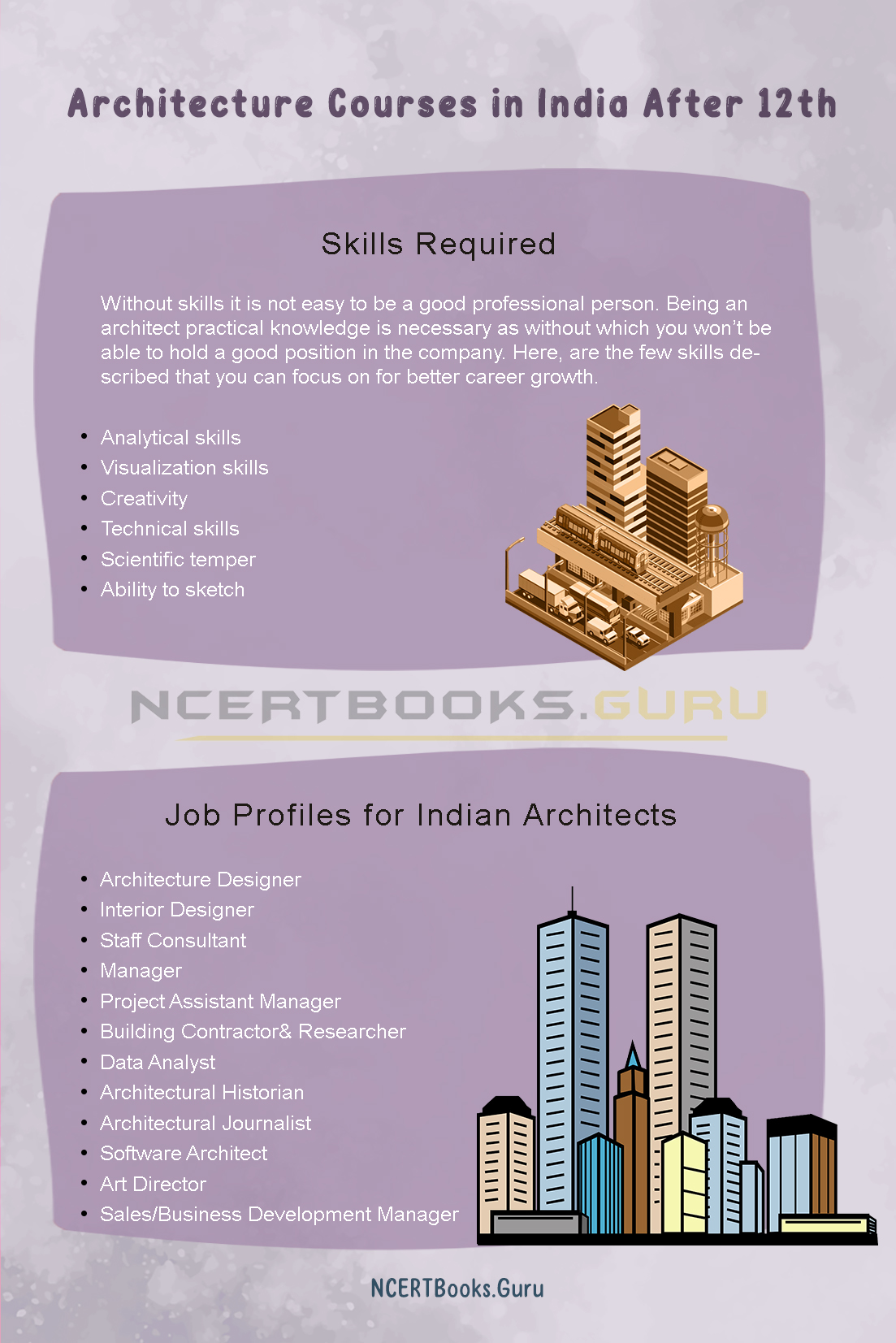
Indian Architecture Courses Eligibility
To become an architect you need to have a specific degree in the domain. There are several specializations from which you can choose. But it is important to understand the eligibility criteria for the architecture courses. Here, is the minimum eligibility criteria defined. It depends on the colleges according to which terms and conduction they admit students. Also, refer Architecture Courses in Canada.
| Course Name | Architecture Course Eligibility |
| Diploma | At least 50% aggregate in class 10th or 12th as demanded by the course. |
| PG Diploma | At least a graduate degree from a recognized university with a minimum 50% aggregate |
| Certificate | Cleared class 10th or 12th with minimum 50% aggregate or as required by the course |
| Bachelors | Passed class XII with a minimum aggregate of 50%. Must have also cleared the entrance exams such as JEE, AIEEE, NATA, and other |
| Masters | Cleared class bachelor degree with good GPA and the entrance exams such as GATE and CEED. |
| Doctoral | Must have passed master’s degree and cleared UGC NET or CSIR NET |
Skills Required for Online Architecture Courses in India after 12th
Without skills it is not easy to be a good professional person. Being an architect practical knowledge is necessary as without which you won’t be able to hold a good position in the company. Here, are the few skills described that you can focus on for better career growth.
- Analytical skills
- Visualization skills
- Creativity
- Technical skills
- Scientific temper
- Ability to sketch
- Sharp mathematical acumen and dexterity
- Immense physical stamina
- Communication skills
Career Scope After Architecture Courses in India
If you have just completed your class 12th then the scope after the course is much more for you. You can go for further studies for a master’s and then-doctoral degree. But if you are interested in working then you can apply to various companies. You can also start up your own business as an architect if you have the required skills and knowledge.
Job Profiles for Indian Architects After UG PG & Masters
You can work in these job positions after the completion of architecture courses:
- Architecture Designer
- Interior Designer
- Staff Consultant
- Manager
- Project Assistant Manager
- Building Contractor& Researcher
- Data Analyst
- Architectural Historian
- Architectural Journalist
- Software Architect
- Art Director
- Sales/Business Development Manager
- Technical Assistant
- Architecture Draftsman
- Landscape Architect
- Architectural Engineer
- Architectural Assistant
- Cloud Architect
- Professor
Candidates have to pursue Architecture and Interior Design Courses or Landscape Architecture Courses to get the above listed job offers easily.
Expected Salary After Architecture Short Courses in India
After the completion of an architecture degree you can easily earn Rs 4 to Rs 5 lakhs. Also, your salary depends on the skills you have and the degree you have received. But with more experience and knowledge you can earn around Rs 10 Lakhs too.

FAQs on Distance Learning Architecture Courses in India
1. Is architecture a good career?
Yes, if you want to go with building your career in architecture then go for it. There are various opportunities that companies are offering in architecture. Even there are ample specializations from which you can choose your interest.
2. Are architecture courses creating opportunities for the IT sector?
Yes, the cloud architecture courses are a great example for the students who want to build their careers in architecture as well as in the IT sector. Cloud architecture is related to the cloud technologies for the systems.
3. What are the sites which offer online certification courses in architecture?
You can pursue an online certificate course in both a free and paid manner. Some of the top sites are Udemy, Coursera, EdX, LinkedIn Learning, Masterclass, and more.
4. Are there any opportunities in the government sector for architects?
Yes, there are various job opportunities available for architects in public sector domains. But for that, you need to clear specific entrance exams. The top government organizations which hire architects are the Archeological Department, Ministry of Defense, Town and Country Planning Organization, Department of Railways, Housing and Urban Development Corporations, and National Building Construction Corporation Ltd.
Conclusion
Choosing the right career path is important and choosing the best course when it comes to your bright future is necessary. The architect is one such domain following which you can earn a good salary and enjoy your job. If you have any suggestions and questions you can comment them in the comment section below. Also, for more details on architecture courses visit our official website Ncertbooks.guru.
